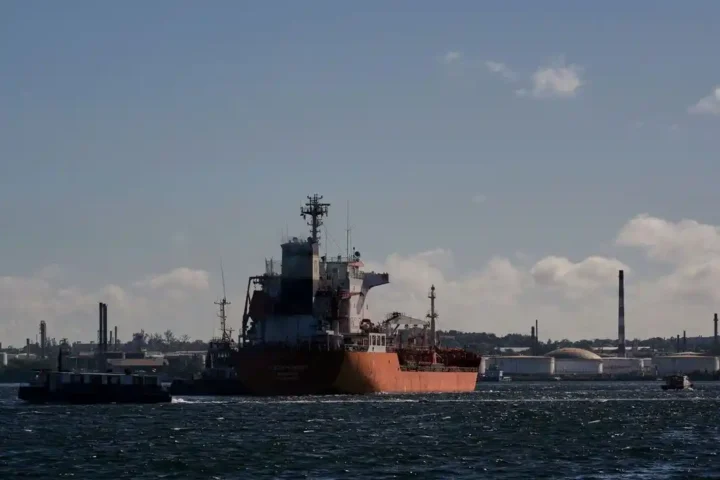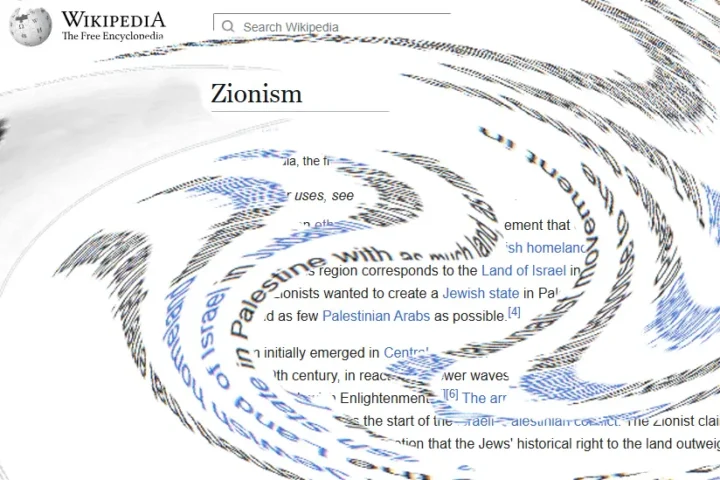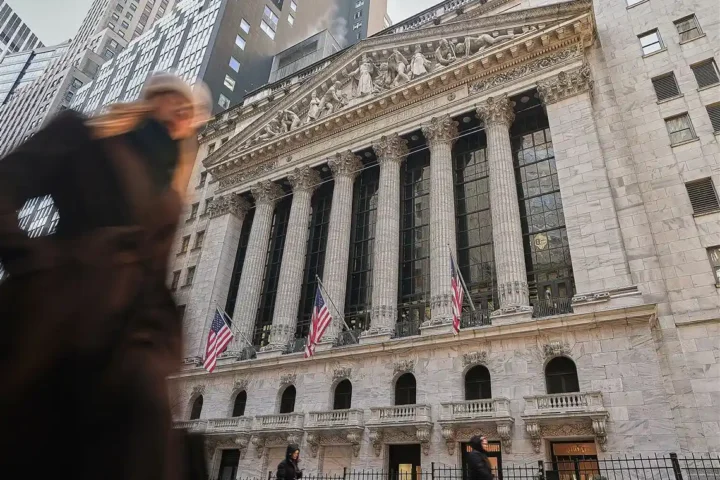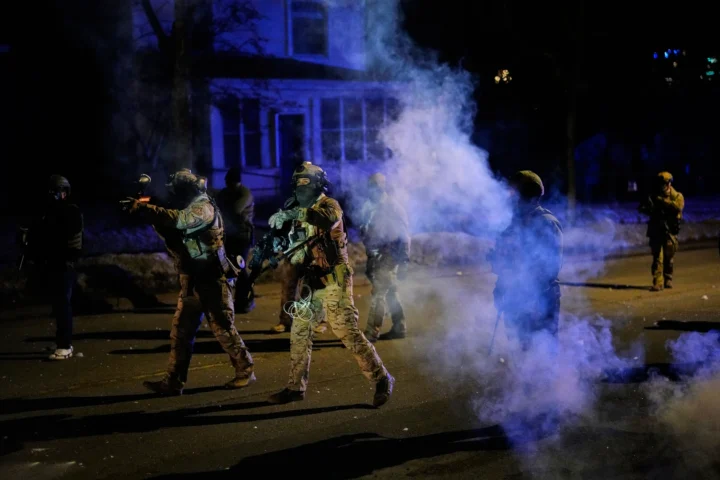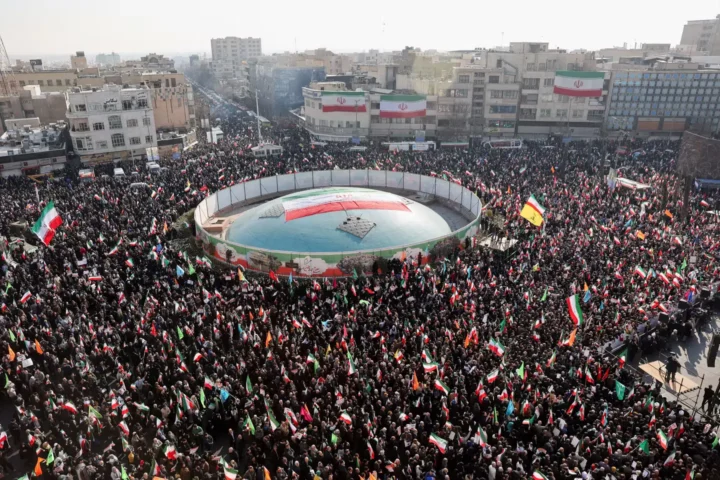In a volatile world that needs fewer crises, the Middle East has quietly become the stage for a dangerous drug war, one that risks swallowing not just Syria but its neighbors and even global markets. On the border of Syria and Jordan, an astonishing battle is underway — not against terror or insurgency, but against captagon, a potent amphetamine that has become the region’s drug of choice. This isn’t just a social issue; it’s an economic engine for militants, a tool for authoritarian control, and a crisis that should concern all of us.
The story of captagon — a drug with roots as an innocuous treatment for narcolepsy and depression — has transformed from a clinical footnote to a regional scourge. Produced and trafficked primarily out of Syria, this drug is sold to students cramming for exams, professionals pulling all-nighters, and fighters mustering the nerve to confront battle lines. Its audience is as vast as it is diverse, fueling a multibillion-dollar trade that crosses every border, age, and social class. And while Syria’s government has denied involvement, experts know that captagon has become one of its most profitable exports, propping up a regime that’s adept at using its trade to weather the blow of Western sanctions.
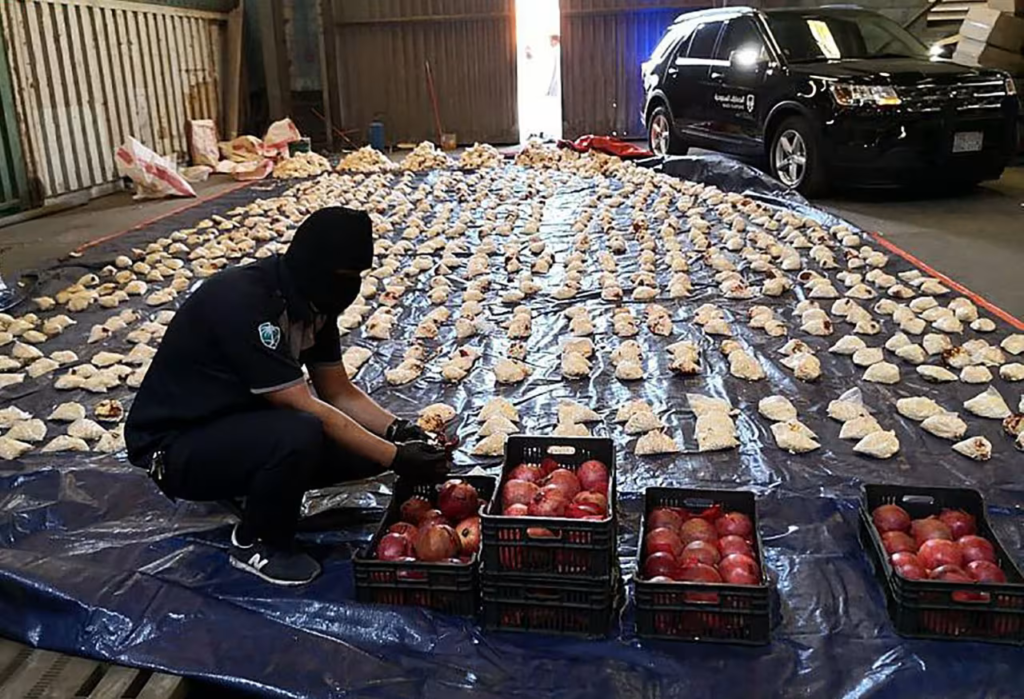
But the impact of this trade is felt far beyond Syria’s borders. Jordan, a crucial U.S. ally, has found itself in the crossfire, deploying a third of its army to contain the drug and weapon smuggling that captagon trafficking enables. Smugglers’ ingenuity knows no bounds — drones, homing pigeons, and even catapults have become tools of a trade that can claim lives as easily as it fuels economies. The conflict has led Jordanian forces to adopt a shoot-to-kill policy, an escalation no country should have to make simply to defend its borders against a torrent of drugs and violence.
The risks for the United States and the broader global community are clear. Syrian captagon fuels Hezbollah, a faction that is as invested in the drug trade as it is in weapons smuggling to Palestinian factions in the West Bank. Since the conflict in Gaza began, seizures of captagon on the Jordanian-Syrian border have surged fourfold, creating a fresh pipeline of funding for militias and terrorist networks. The United States is wary of directly engaging in the conflict but is pouring resources into Jordan, supplying satellite-guided bombs, drones, and intelligence to prevent captagon from further destabilizing an already fragile region.
To be sure, Washington is not ignoring the issue. The Captagon Act, signed last year by President Biden, mandates the U.S. to help disrupt the trade. The recent sanctions on individuals and companies involved in captagon trafficking are a start, but the sheer magnitude of the problem underscores the need for a more comprehensive approach. Syria and its regional allies have every incentive to keep this lucrative trade alive, and unless world powers recognize captagon for what it is — not just a drug, but a destabilizing force — we risk fueling a cycle of violence that could draw even Europe and the United States into its orbit.
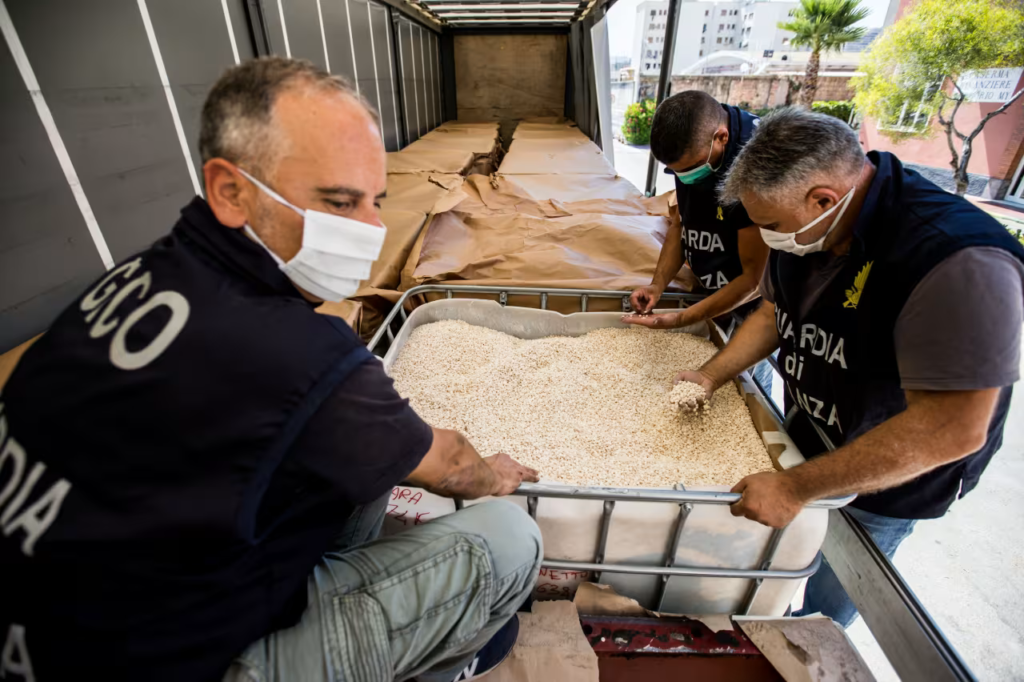
Captagon isn’t just a narcotic; it’s a means of political control and a weapon of war. Syrians already suffer from the endless toll of civil conflict, only to become the pawns of a drug trade that exploits their poverty and desperation. Reports reveal that drug runners, often the most impoverished Syrians, receive as much as $10,000 per smuggling run. The price they pay, though, is far steeper: crossing a desert under fire, facing military forces with orders to shoot to kill, and confronting the deadly hazards of trafficking in one of the world’s most militarized regions. What’s left behind is a trail of broken lives, brutalized communities, and unfulfilled futures.
The captagon crisis is a tragedy not just for its users, but for entire societies. This drug represents a global threat masquerading as a local crisis, seeping through Mediterranean ports and European streets. Dutch and German authorities have uncovered labs producing the drug within their own borders. For now, the pill’s market remains primarily Middle Eastern, but if trafficking channels broaden further, we risk seeing captagon’s brutal reach extend even into the United States.
International leaders need to recognize this crisis for what it is: an urgent challenge that requires more than token measures. The captagon trade demands an international coalition that can counteract the political and economic forces that sustain it. This means renewed sanctions against the Assad regime, stronger funding for border control in Jordan and Lebanon, and a united effort to curtail Hezbollah’s role in the drug trade.
The drug trade has already created a near-permanent economy of war in the Middle East, one that funds militancy, terror, and government oppression alike. Until we dismantle this network, every captagon tablet sold is another drop of fuel in a fire we might one day struggle to contain. If the international community cannot meet this challenge, the war over captagon may become yet another endless conflict in a region that can bear no more.



